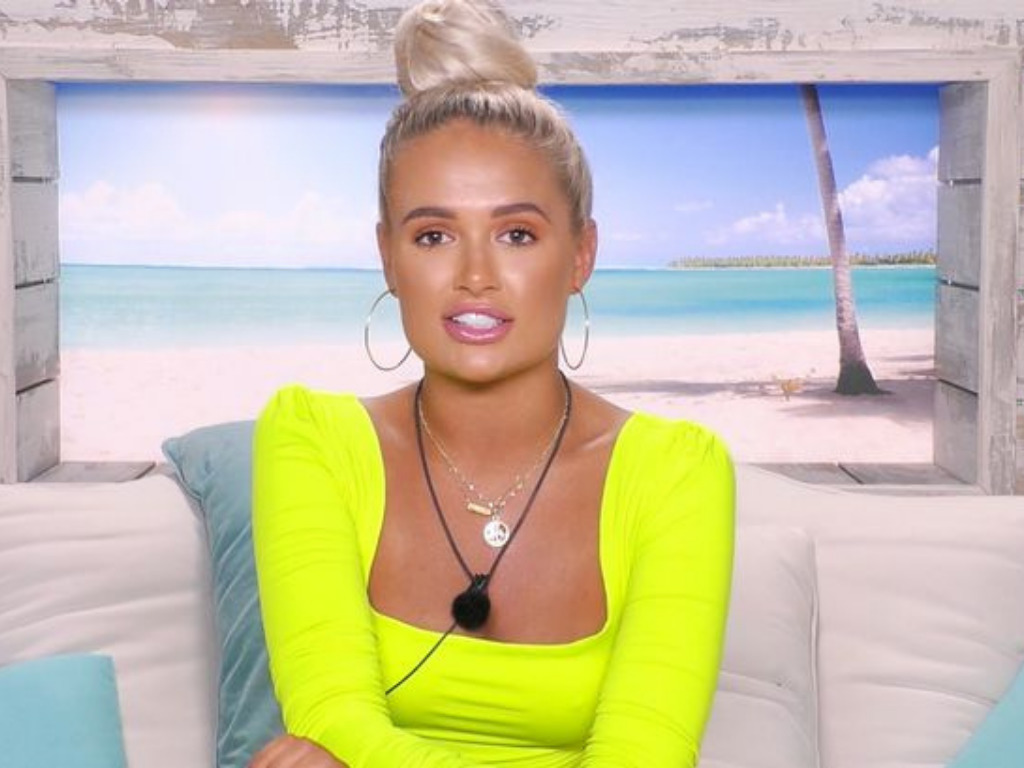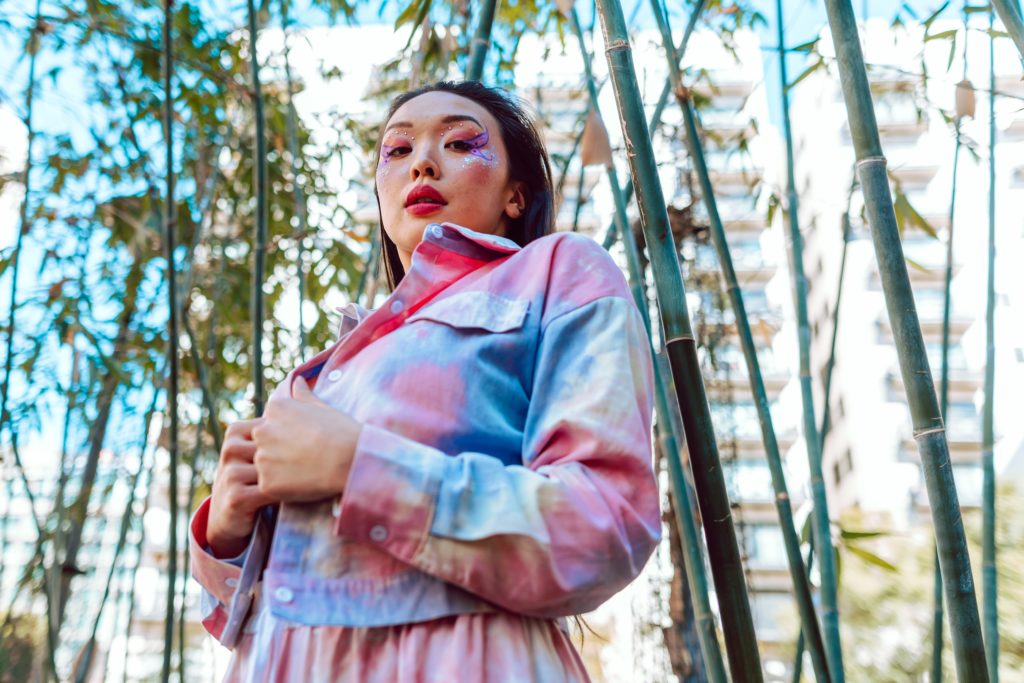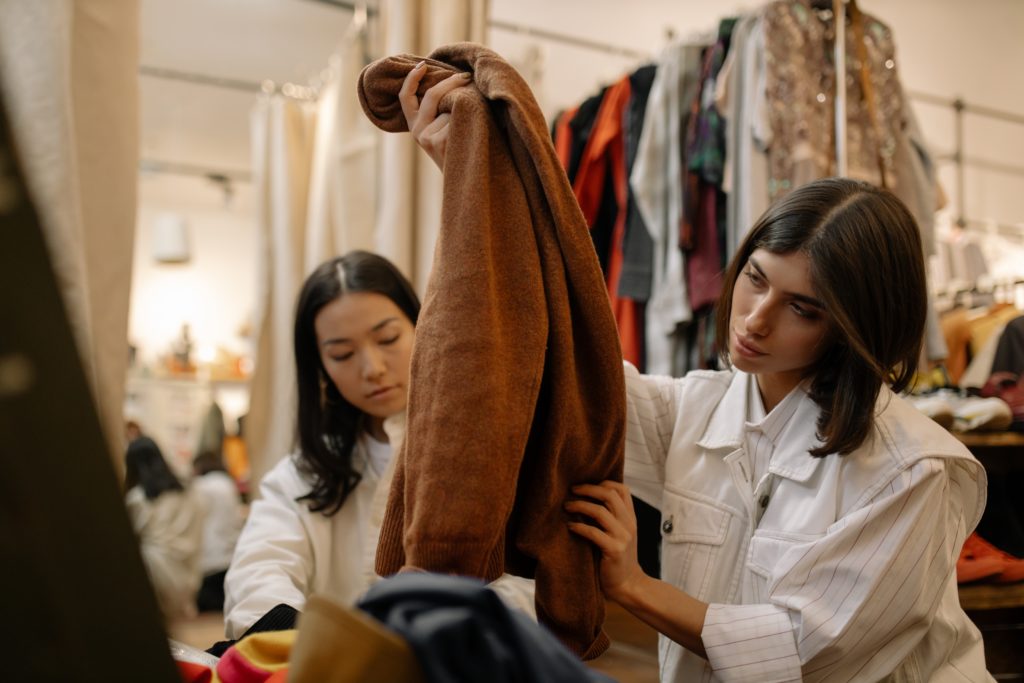4 Mins Read
Popular reality television show Love Island is soon to launch for its eighth season. This year it is putting pre-loved clothing on the agenda by partnering with eBay UK as its outfit provider. The move represents a colossal shift as for the past three seasons Love Island has been supplied by I Saw It First. The relationship between the two has started to give viewers reason to pause, as throwaway attitudes to garments have come under increasingly harsh criticism.
I Saw It First, a fast-fashion giant, sells clothing priced from £2.80. Fashion activists consider the contestants being seen in its items irresponsible, given the average viewing figures of three million per Love Island episode. Traditionally, popular contestants have been offered lucrative deals with many fast-fashion clothing companies, upon leaving the villa. Molly-Mae, runner up in 2019, is now commanding a six-figure salary as the creative director of Pretty Little Thing, a frequently criticised brand.

Pre-loved is everybody’s type
One of Love Island’s key catchphrases has been repurposed by eBay UK, in its Twitter announcement of the partnership. Stating the “pre-loved has always been our type on paper”, the company is gearing up to supply a range of secondhand outfits, including swimwear. A ‘Shop the Show’ tab will be displayed on the Love Island app, allowing viewers to source items similar to those being worn by their favourite couples.
“We’ll inspire the nation to think differently and make more conscious choices when it comes to their wardrobes,” Eve Williams, chief marketing officer at eBay UK said in a statement. “Whether that is selling a dress that is sitting at the back of their wardrobe or shopping for their favourite islander’s second-hand looks – these small changes can make a big difference to driving circularity.”
ITV states that it hopes this ‘landmark’ move will motivate its viewers to consider pre-loved clothing and to embrace sustainable fashion choices. ‘Islanders’ will be assisted with their pre-loved clothing selections, found in a newly-introduced shared wardrobe, by celebrity stylist Amy Bannerman. She has previously worked with names including Dua Lipa and Rita Ora.
“As a show, we strive to be a more eco-friendly production with more focus on ways in which we can visibly show this on screen,” Mike Spencer, Executive Producer of Love Island said in a statement. “We aim to inspire our demographic and show that there are incredible finds to be had and how sharing is, in some small way, caring.”

Leading the change or catering to its market?
Love Island’s demographic is 16-34-year-olds, with up to 43 percent of viewers are aged under 30. This ties in with research conducted by eBay UK that found people aged between 18-34 have the largest percentage (22 percent) of pre-loved clothing in their possession than any other age category.
Searches on eBay for ‘preloved clothes’ have increased eightfold in the last year. Gen Z consumers have been identified as a key market driver, with 80 percent claiming to have bought secondhand clothing recently. They are also the most likely to watch Love Island.
No comments have been released as to whether host Laura Whitmore will also be wearing preloved clothing. Traditionally, the host of Love Island wears different designer pieces for every episode they feature on. One of her most popular dresses from last year was a Galvan slip dress, costing £1,095.

The necessary increase in resale
Clothing consumption is predicted to grow by 63 percent by 2030. Coupled with our delectation for wearing items less, clothing waste is anticipated to increase as well. The Ellen MacArthur Foundation estimates that extending a garment’s lifespan by nine months will decrease its environmental impact by between 30-40 percent.
Experts are claiming that the fashion resale sector is here to stay. Consumers are being observed as changing tack in the way they want to shop, with resale platforms and buy-back schemes proving as, if not more popular than low initial prices.
Big life events are set to become a resale focus. ThredUP just announced it has launched a sustainable wedding guest portal on its site, in collaboration with celebrity stylist Karla Welch. Users can select an outfit that Welch has personally curated, before searching ThredUP’s catalogue for similar preloved items.
Last month, Scandinavian brand Ganni announced it has developed a sustainability focussed resale platform. Located within its regular website, the Ganni Repeat initiative allows peer-to-peer purchases. It also creates alerts that let brand buyers know that something they previously bought is now sought after on the resale platform. When it is no longer wanted by the original owner, they can upload the item and know that a market already exists for it.
Lead photo by ITV.




